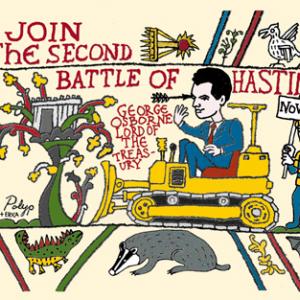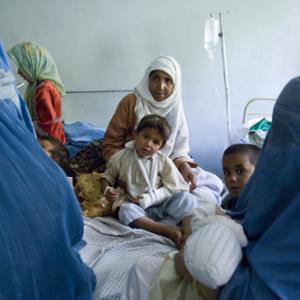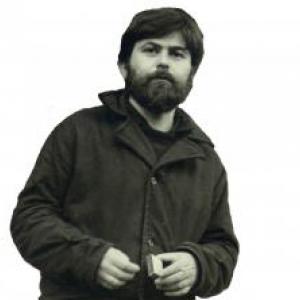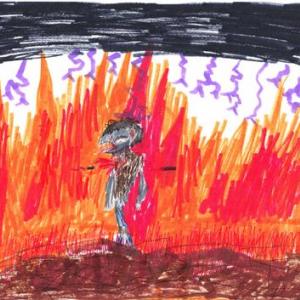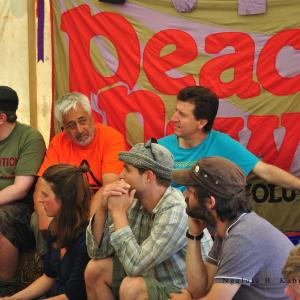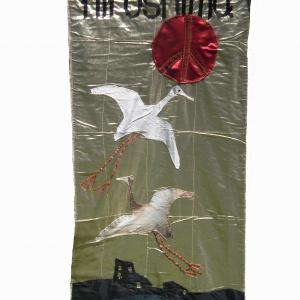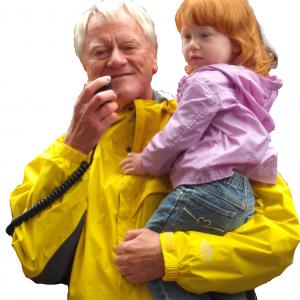Let us agree about climate change. It is happening fast, potentially spiralling out of control. The latest messages from scientists who have been measuring the shrinking arctic ice cap demonstrate that the situation is dire.
However, our problem is that very few people are heeding the climate threat.
It has been said that the environmental and climate movement is the 'largest mass movement ever' (Paul Hawken in Blessed Unrest, Penguin 2007). Maybe. But the movement is…


